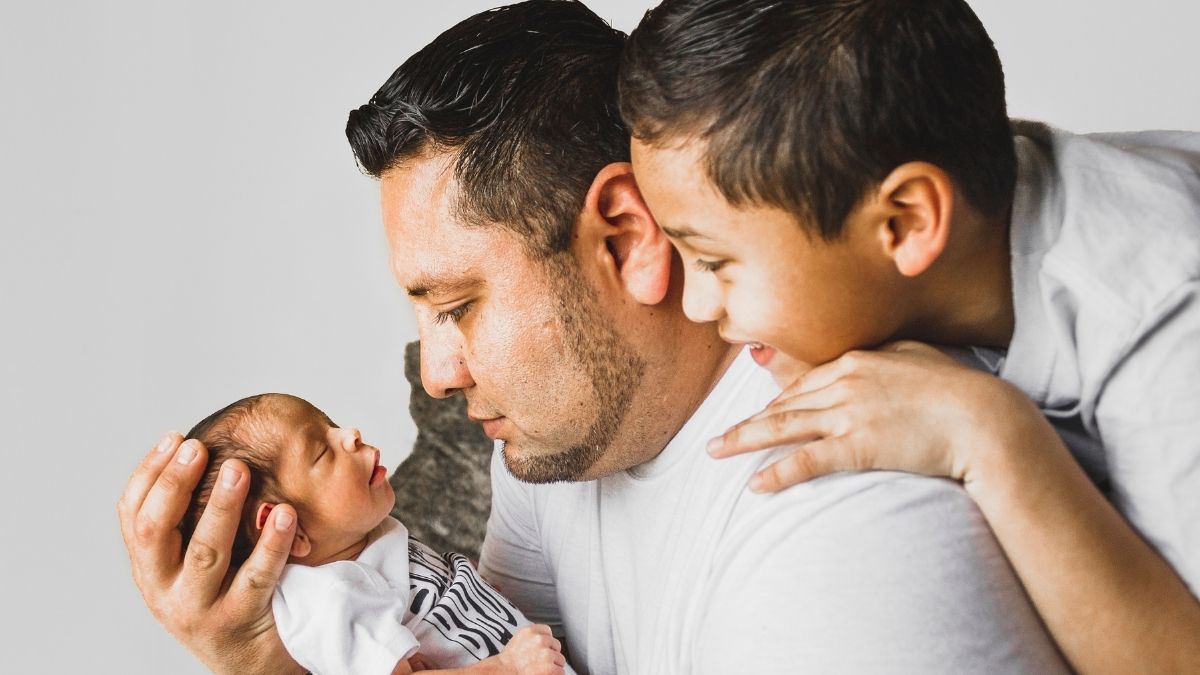The Role of Fathers in Raising Emotionally Intelligent Boys
The Link Road case has shaken all of us to our cores as we come to grips with the realization that women and children are not safe from “toxic masculinity” that prevails in the form of rape culture in our society.
On many parenting forums, I’ve witnessed people calling on mothers to step up to do a better job of raising sons. As in most parenting discourse, fathers are not just absolved of any responsibility, but conspicuously absent. It is ironic then, that the responsibility of perpetuating violence against women is thrust upon women themselves.
Mothers get blamed for so much as it is, so let’s talk about the roles fathers play in perpetuating gender inequities in families. Little kids first begin to undermine women’s agency within their families of origin. What are kids to make of their father sitting on his phone on Facebook while their mother scrambles to prepare them for the day? The hardest part of parenting is realizing that it’s not about what you say; it’s about what you do.
For the men asking, “What can we do?” First, accept at least half the responsibility for this pervasive marital dynamic. Power issues are not often raised between couples, but when they are, studies show that they’re most often framed not in terms of how husbands need to change but rather how wives do — you know, she needs to be more assertive. When juxtaposed against a discussion about rampant sexual harassment, it sounds like another tired version of “She shouldn’t have been out so late alone.”
Second, commit — wholeheartedly and without being asked — to examining male privilege. Our culture’s devaluation of “women’s work” has left men with little incentive to shift into less-traditional roles at home, even as women have become ever more successful breadwinners. Women are much more likely than men to report that the division of child care with their spouses is imbalanced, perhaps because, as one study found, men perceive that they are doing their fair share when they hardly contribute to the work at home.
And finally, teach your sons emotional intelligence. It’s not just you modeling for your son. It’s him watching you having conversations with your partner and friends and engaging in an emotional way. One of the things that grown men generally struggle with is identifying and expressing their feelings as well as empathizing with those of others. Manhood in society has traditionally meant being stoic and straight-faced—emotions might as well not exist if you’re male.
Boys are taught these social norms from the very first months of their lives, and by the time they reach young adulthood, it’s ingrained into them that emotionality is unacceptable; that “boys don’t cry.” This is toxic masculinity, and it has untold negative psychological and social effects on men and boys. Research suggests that lack of emotional connection between fathers and sons contributes to unexpressed hurt and anger often transfer onto their relationships, parenting, challenges at work, and problems with authority. It also suggests that boys who have nurturing fathers are less likely to use violence against females.
Boys also need help in developing their emotional intelligence from the time they can express or communicate, which is as early as infancy and toddlerhood. And they need to see this modeled by their fathers, as dads are their son’s first role models.
In his book, The Boy Crisis, Warren Farrell, Ph.D., presents a startling statistic that highlights the importance of the role of men in fighting toxic masculinity:
“Among criminals assessed as raping out of anger and rage, 80% came from father-absent homes”
We’re in a collective unconscious crisis. Boys will parent their sons the way in which they were parented by their fathers. What fathers tolerate uneasily in the guise of locker room banter needs to change. What fathers live with more complacently in the home does as well. Only tiny steps toward the lived expression of equal worth in both worlds can foster a safer place for our daughters and sons.
- The Role of Fathers in Raising Emotionally Intelligent Boys - September 15, 2020







